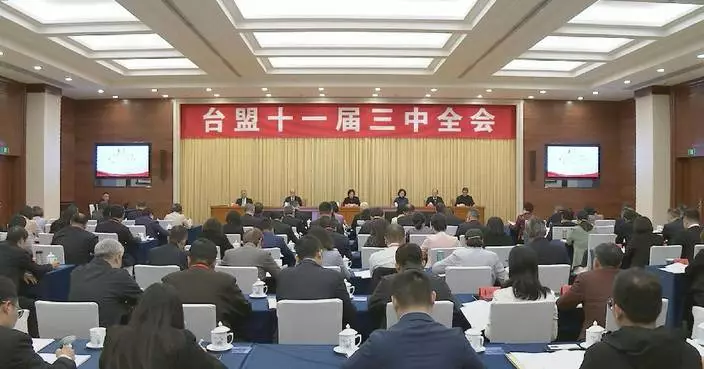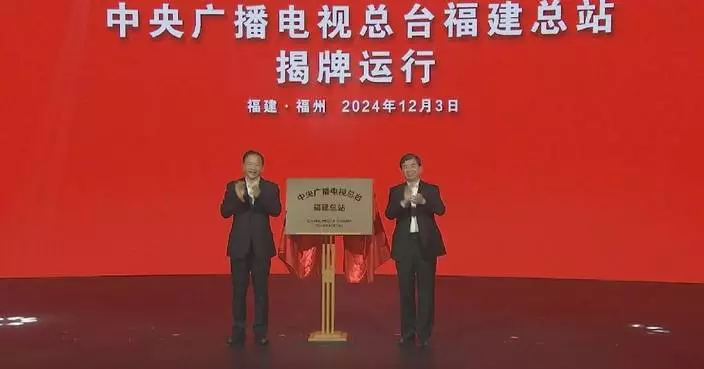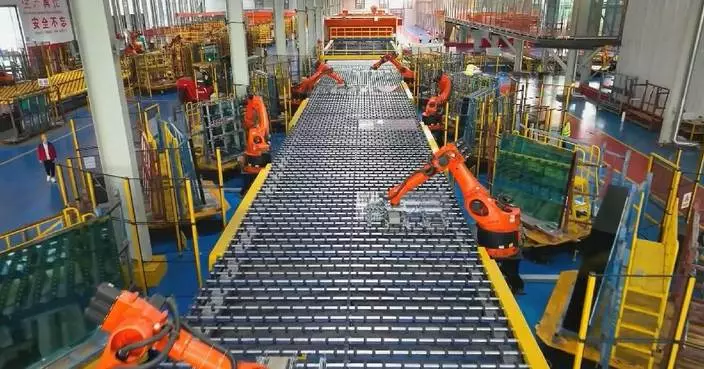China welcomes the United Nations General Assembly (UNCA)'s adoption of a resolution on promoting cooperation on peaceful uses in international security, said Chinese Foreign Ministry spokesman Lin Jian at a press briefing in Beijing on Tuesday.
The 79th UN General Assembly adopted the resolution submitted by China entitled "Promoting International Cooperation on Peaceful uses in the Context of International Security" at a plenary meeting.
"China welcomes the adoption at the UNGA of the resolution entitled 'promoting international cooperation on peaceful uses in the context of international security' again. The resolution asks for strengthening the role of the UN, promoting dialogue and cooperation on the basis of equal participation of all countries and setting guiding principles to safeguard developing countries' legitimate right of peaceful use of science and technology. The resolution specifically urges certain countries to stop abusing export control and imposing unlawful unilateral coercive measures," said Lin.
"China is happy to see that the concept of peaceful use of science and technology is winning greater support and the voice calling for exchanges and cooperation while opposing 'small yards with high fences' is growing stronger in the world. China stands ready to work with all sides to push for the full and effective implementation of this resolution, and enable technology progress to contribute to humanity's peace and development. Meanwhile, we would like to urge certain countries once again to listen to the concerns of the international community and correct their wrongdoings," he said.
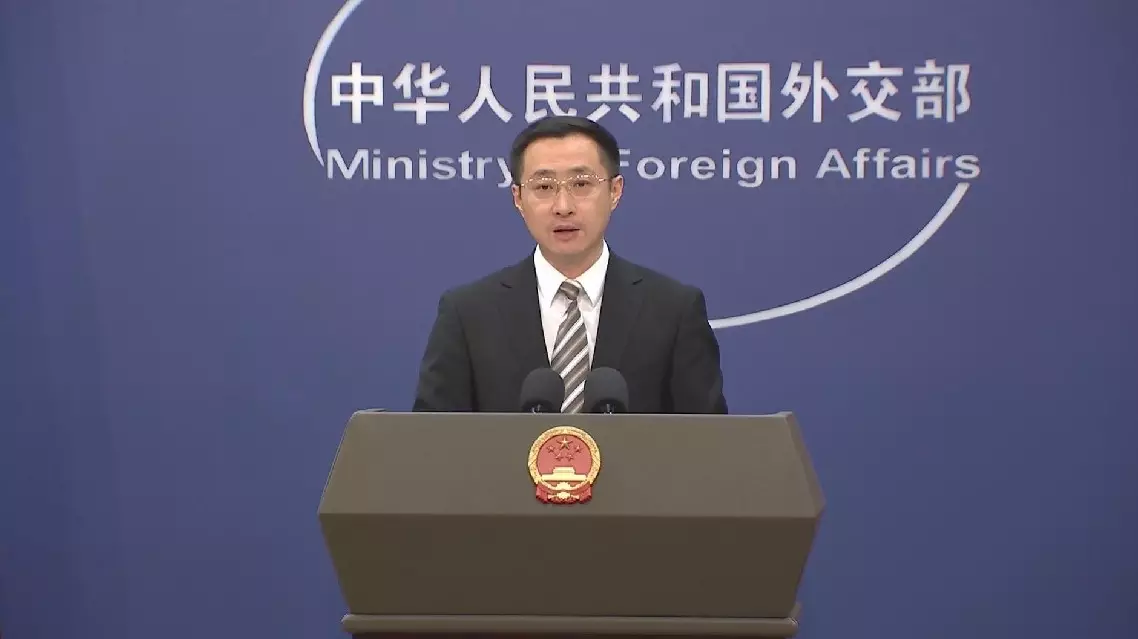
China welcomes adoption of resolution on peaceful uses in int'l security
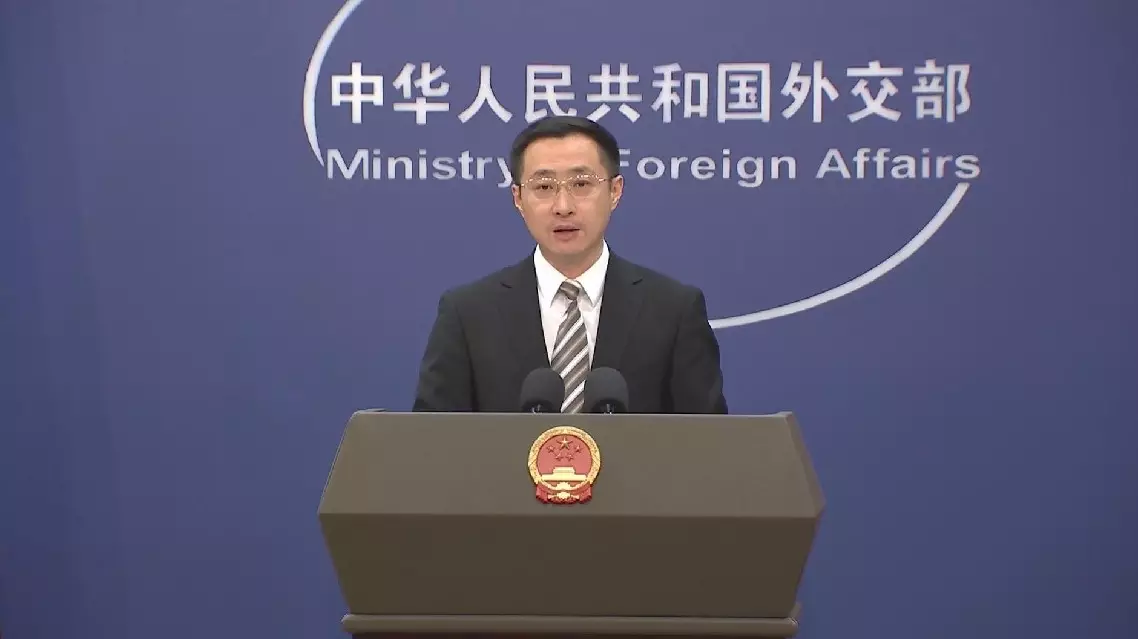
China welcomes UNGA's adoption of resolution on promoting cooperation on peaceful uses in int'l security
Chinese industrial associations have voiced strong opposition to the United States' latest control measures on semiconductor export and urged domestic firms to exercise caution when purchasing U.S. chips.
The U.S. government on Monday announced a new round of export restrictions on China, adding more than 140 Chinese companies to the trade restriction list, involving multiple types of semiconductor products including semiconductor manufacturing equipment and electronic design automation tools.
The Internet Society of China (ISC), the China Semiconductor Industry Association (CSIA), and the China Association of Automobile Manufacturers (CAAM) on Tuesday released statements respectively, saying that the U.S. has once again undermined the long-standing consensus on fairness, rationality and non-discrimination reached by relevant global industries and the WTO's purpose of fair trade, and cautioned Chinese companies against buying U.S. chips.
The ISC stated that the U.S. generalization of the concept of national security and its abuse of export control measures to impose unwarranted blockades and suppression on China have shaken the industry's trust and confidence in U.S. chip products.
The ISC also called on domestic companies to take proactive countermeasures, make careful decision when purchasing U.S. chips, seek to expand cooperation with chip companies in other countries and regions, and actively use chips manufactured by domestic and foreign companies in China.
The CSIA said the U.S. arbitrary control measures against China have caused disruptions in the supply chain and increased operating costs for American companies, affecting the stable supply of U.S. chips and making them no longer secure and reliable, and related Chinese industries have to exercise caution when procuring chips from the U.S.
The CAAM shared the concerns of the ISC and the CSIA, saying that the U.S. government arbitrarily modified regulatory rules, which has seriously affected the stable supply of U.S. chip products and is shaking the trust and confidence of the Chinese automotive industry in procuring chip products from American companies.
The CAAM said it welcomes global chip companies to strengthen collaboration with Chinese automotive and chip enterprises in various aspects, invest in China, engage in joint research and development, and share development opportunities.
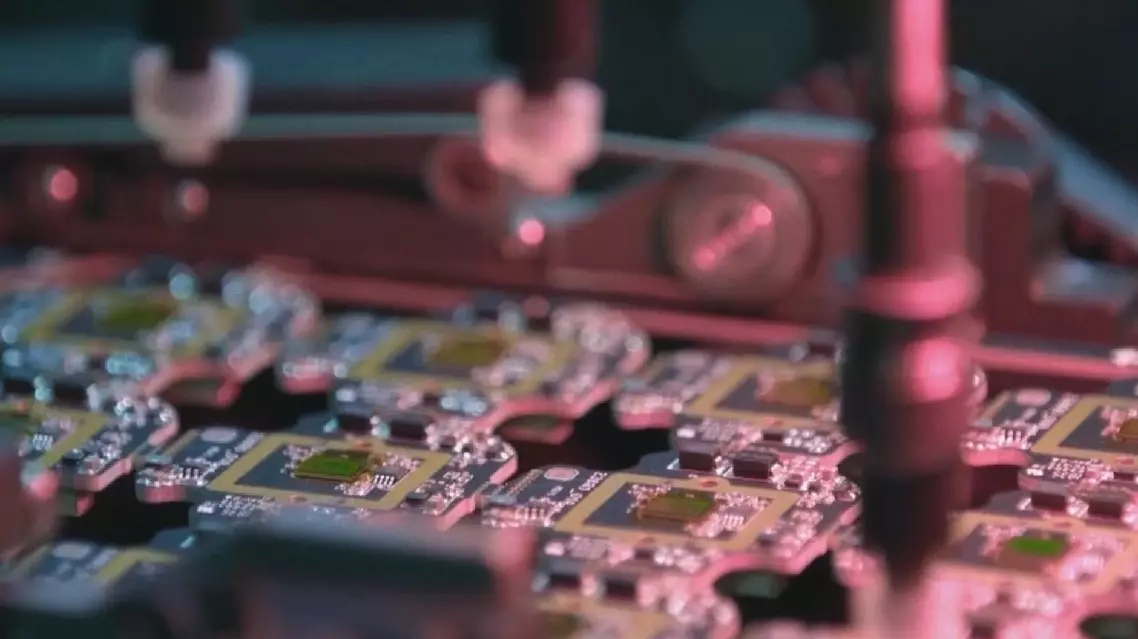
Chinese associations caution against buying US chips over semiconductor export control





